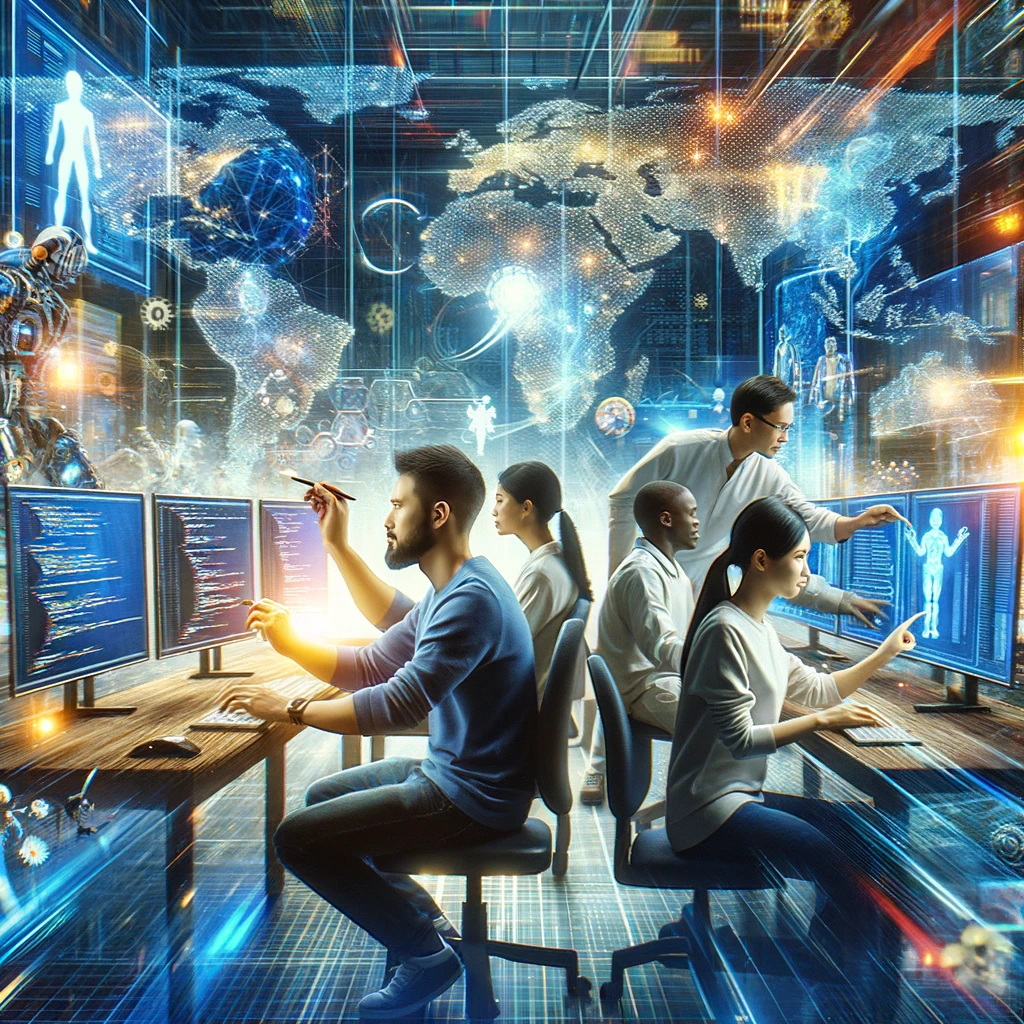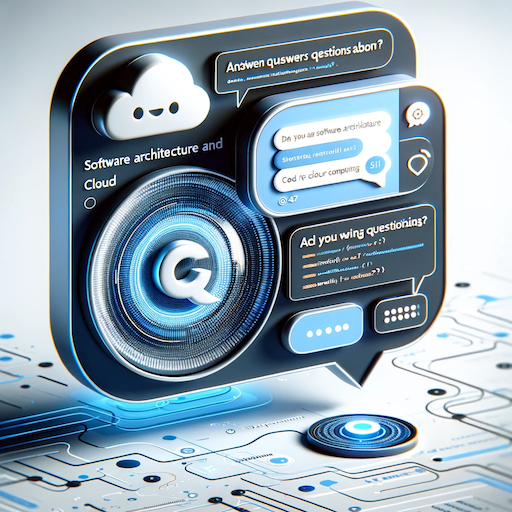The world of artificial intelligence (AI) is undergoing a profound transformation, and at the heart of this change is the rise of open-source AI models. According to Stanford University's AI Index report for 2024, a remarkable 65.7% of the 149 foundation models released in 2023 were open-source, up from 44.4% in 2022 and 33.3% in 2021. This shift towards open-source AI is not just a passing trend; it's a movement that is redefining the very nature of AI development and deployment.
Open-Source AI
So, what exactly is open-source AI, and why do I care? Put simply, open-source AI models are those models whose underlying code and architecture are freely available to the public. This means that anyone, from researchers and developers to organizations and individuals, can access, modify, and build upon these models.
This is in stark contrast to the traditional approach of proprietary models, which are jealously guarded by the companies that develop them.
Why Is This Good?
The implications of this shift towards open-source AI are profound. First and foremost, it democratizes access to cutting-edge AI technology. No longer is AI the exclusive domain of tech giants and well-funded research institutions. With open-source models, even small startups and individual developers can leverage the power of AI to build innovative applications and solve real-world problems.
As a software developer, I’ve used some of these models, and find them easy to integrate and easy to use. This is significantly easier and more accessible than the traditional way of creating a new training set and spending significant resources in training a new AI model from scratch.
This shift towards open source is a game-changer. It levels the playing field for everyone and unleashes a wave of creativity and innovation across the AI landscape.
AI Accountability
But the benefits of open-source AI go far beyond just simple usability and accessibility. Open-source models also promote transparency and accountability, two critical factors in building trust in AI systems. As AI becomes increasingly embedded in our daily lives, from healthcare and finance to transportation and education, it's essential that we understand how these systems work and ensure that they are fair, unbiased, and ethically sound. With open-source models, the community can scrutinize the underlying algorithms and decision-making processes, identify potential issues, and work together to address them.
This level of transparency is simply not possible with proprietary, black box models.
This transparency improves collaboration and knowledge. By making these freely available, researchers and developers can learn from each other and build upon each other's work. They can push the boundaries of what's possible with AI. This collaborative approach accelerates the pace of innovation and helps to solve complex challenges that would be difficult for any single organization to tackle alone.
Misuse of Open-Source AI
Of course, making technology freely accessible benefits not only legitimate use cases, but also provides tools for bad actors looking to spread disinformation or engage in cyber attacks. The need for governance frameworks and ethical guidelines for the use of these models is critically important, along with detection and mitigation when used by bad actors.
Another challenge is ensuring the long-term viability of open-source AI projects. Developing and maintaining high-quality AI models requires significant resources, both in terms of computational power and human expertise. Given that open-source projects usually rely on the contributions of volunteers, the sustainability of these efforts over the long term can be risky. Innovative funding models and community-driven support are absolutely essential to ensure the continued growth and success of open-source AI projects.
The Bright Future of Open-Source AI
Despite these challenges, the rise of open-source AI represents a pivotal moment in the evolution of artificial intelligence. It's a paradigm shift that is democratizing access, fostering collaboration, and driving innovation on a global scale. As more and more organizations and individuals embrace open-source AI, we can expect to see a wave of breakthroughs and discoveries that will transform industries, solve real-world problems, and push the boundaries of what's possible with AI.
In the end, the success of open-source AI will depend on the collective efforts of the AI community to develop and deploy these models responsibly, ethically, and sustainably. It will require ongoing collaboration, transparency, and a shared commitment to the greater good. And it will require novel funding models to provide the resources necessary to create the models. But if we can harness the power of open-source AI for the benefit of all, the possibilities are truly limitless.
Frequently Asked Questions (Ask SAILee)

SAILee will provide high-quality, professional replies to questions based on the books, articles, courses, and other content created by Lee Atchison.
How do open-source AI models ensure quality control and prevent malicious actors from exploiting them for harmful purposes? Quality control and prevention of malicious exploitation in open-source AI models are typically addressed through a combination of community-driven efforts and technical measures. Community-driven efforts involve peer review, collaboration, and collective scrutiny of the models to identify and rectify any vulnerabilities or biases. Technical measures include implementing robust security protocols, ensuring transparency in model development and usage, and integrating mechanisms for detecting and mitigating misuse, such as anomaly detection algorithms or ethical guidelines embedded within the model architecture.
What specific governance frameworks and ethical guidelines are being proposed or implemented to address the potential misuse of open-source AI models? Various governance frameworks and ethical guidelines are being proposed and implemented to mitigate the potential misuse of open-source AI models. These frameworks often emphasize transparency, accountability, and responsible use of AI technologies. For instance, organizations may adopt guidelines that outline principles for ethical AI development and deployment, such as fairness, transparency, accountability, and privacy protection. Additionally, regulatory bodies may establish standards and regulations to govern the use of AI in specific domains, such as healthcare or finance, and enforce penalties for non-compliance or misuse.
Given the resource-intensive nature of developing and maintaining AI models, what innovative funding models or community-driven support systems are emerging to sustain open-source AI projects in the long term? To sustain open-source AI projects in the long term, innovative funding models and community-driven support systems are emerging to complement traditional funding sources. These models may include crowdfunding platforms, grant programs, corporate sponsorships, and collaborative initiatives among stakeholders. Crowdfunding platforms allow individuals or organizations to financially support projects they believe in, while grant programs provide financial assistance for research and development. Corporate sponsorships involve partnerships between companies and open-source projects, where companies provide funding or resources in exchange for access to the project's advancements. Collaborative initiatives foster community-driven support by encouraging contributions, knowledge sharing, and collective ownership of the project's development and maintenance. Overall, these funding models aim to ensure the sustainability and continued growth of open-source AI projects by diversifying funding sources and engaging a broader community of stakeholders.


